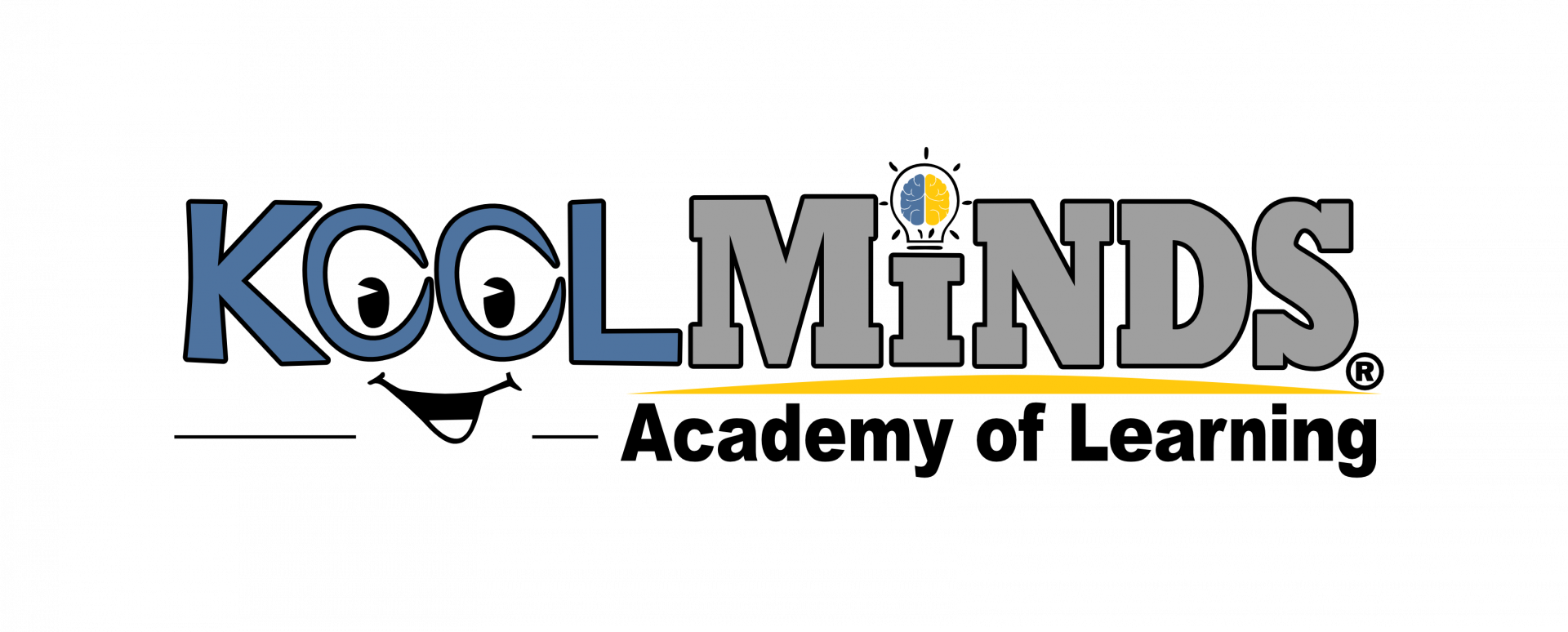What is Neurodiversity?
KoolMinds Team
Neurodiversity is the concept that there is natural variation in the human brain that leads to differences in how we think and behave. There is no one "right" way of thinking, learning, and behaving, and differences are not viewed as deficits. It is not a disability but a difference in how the brain works.
The neurodiversity movement emerged during the 1990s, aiming to increase acceptance and inclusion of all people while embracing neurological differences. During this same time, the term was first coined by Judy Singer, an Australian sociologist. Singer rejected the idea that people with autism are disabled and instead proposed that autism was a difference in how the human brain works and a representation of neurological diversity.
The neurodiversity movement emerged during the 1990s, aiming to increase acceptance and inclusion of all people while embracing neurological differences. During this same time, the term was first coined by Judy Singer, an Australian sociologist. Singer rejected the idea that people with autism are disabled and instead proposed that autism was a difference in how the human brain works and a representation of neurological diversity.
Neurodiversity terminology & chronology
Neurotypical(ilty) = the condition from which neurodivergent people diverge from neuronormativity (Autism Network International newsletter in 1992/1993).
Neurodiversity = the diversity of brains, and body-minds. A property of groups (Blume; Singer, 1998).
Neurodivergent(ence) = individual body-minds that function in ways that diverge from ideals of neurotypicality (Kassiane Asasumasu, 1999/2000).
Neurominority = group who share the same divergence (e.g. Autistic; dyslexic; voice-hearer; etc.; Nick Walker).
To neuroqueer/be neuroqueer = to distort the performance of neuronormativity & heteronormativity (Nick Walker; Athena Michaels-Dillon; Remi Yergeau, 2008).
Neurodiversity = the diversity of brains, and body-minds. A property of groups (Blume; Singer, 1998).
Neurodivergent(ence) = individual body-minds that function in ways that diverge from ideals of neurotypicality (Kassiane Asasumasu, 1999/2000).
Neurominority = group who share the same divergence (e.g. Autistic; dyslexic; voice-hearer; etc.; Nick Walker).
To neuroqueer/be neuroqueer = to distort the performance of neuronormativity & heteronormativity (Nick Walker; Athena Michaels-Dillon; Remi Yergeau, 2008).
What Conditions are Considered Neurodivergent?
Neurodiversity is an umbrella term that includes conditions that are life-long and those that can develop throughout life. People who identify themselves as neurodivergent typically have one or more of these conditions or disorders; however, there is not any medical criteria or definitions of what it means to be neurodivergent so other conditions can fall under this term as well. Some of the conditions that are most common among those who describe themselves as neurodivergent include:
-
Autism spectrum disorder (ASD)
-
Attention-deficit hyperactivity disorder (ADHD)
-
Down syndrome
-
Dyscalculia
-
Dysgraphia
-
Dyslexia
-
Dyspraxia
-
Intellectual disabilities
-
Prader-Willi syndrome
-
Sensory processing disorders
-
Tourette syndrome
-
Williams syndrome
-
Mental health conditions such as bipolar disorder, obsessive compulsive disorder and more
-
Nonverbal learning disorder (NLD)
Importance of Being Neurodiversity-Affirming
Neurodiversity-affirming means that you are part of the neurodiversity movement. You embrace these natural neurological differences and view any resulting disability as being rooted in societal barriers, not as individual deficits. Neurodiversity advocates encourage inclusive, nonjudgmental language.
A neurodiversity-affirming approach recognizes that these neurodivergent diagnoses such as autism, ADHD, dyslexia, and more are not problems to be cured or solved but are individual neurotypes with unique strengths, needs & challenges.
Understanding and embracing neurodiversity can improve inclusivity for all people. It is important for all of us to recognize and emphasize each person’s individual strengths and talents while also providing support for their differences and needs.
A neurodiversity-affirming approach recognizes that these neurodivergent diagnoses such as autism, ADHD, dyslexia, and more are not problems to be cured or solved but are individual neurotypes with unique strengths, needs & challenges.
Understanding and embracing neurodiversity can improve inclusivity for all people. It is important for all of us to recognize and emphasize each person’s individual strengths and talents while also providing support for their differences and needs.
Articles/Resources on Neurodiversity
-
What is neurodiversity? (Harvard Health Publishing)
-
What is neurodiversity? (Understood.org)
Videos about Neurodiversity
Contact KoolMinds today to find out how we can help!
Sources:
[i] Morin, A. (2022, March 3). What is neurodiversity? Understood.Org. Retrieved August 15, 2022, from https://www.understood.org/en/articles/neurodiversity-what-you-need-to-know
[ii] Howley-Rouse, A. (2020, June 9). Neurodiversity: An overview. THE EDUCATION HUB. Retrieved August 15, 2022, from https://theeducationhub.org.nz/neurodiversity-an-overview/
[iii] Neurodivergent: What It Is, Symptoms & Types. (n.d.). Cleveland Clinic. Retrieved August 15, 2022, from https://my.clevelandclinic.org/health/symptoms/23154-neurodivergent
[iv] Baumer, N., MD. (2021, November 23). What is neurodiversity? Harvard Health. Retrieved August 16, 2022, from https://www.health.harvard.edu/blog/what-is-neurodiversity-202111232645#:%7E:text=The%20word%20neurodiversity%20refers%20to%20the%20diversity%20of,developmental%20conditions%20such%20as%20ADHD%20or%20learning%20disabilities.
[ii] Howley-Rouse, A. (2020, June 9). Neurodiversity: An overview. THE EDUCATION HUB. Retrieved August 15, 2022, from https://theeducationhub.org.nz/neurodiversity-an-overview/
[iii] Neurodivergent: What It Is, Symptoms & Types. (n.d.). Cleveland Clinic. Retrieved August 15, 2022, from https://my.clevelandclinic.org/health/symptoms/23154-neurodivergent
[iv] Baumer, N., MD. (2021, November 23). What is neurodiversity? Harvard Health. Retrieved August 16, 2022, from https://www.health.harvard.edu/blog/what-is-neurodiversity-202111232645#:%7E:text=The%20word%20neurodiversity%20refers%20to%20the%20diversity%20of,developmental%20conditions%20such%20as%20ADHD%20or%20learning%20disabilities.
Like this page? Share it with your friends!
https://www.koolminds.com/blog/neurodiversity
Who We Are
Dedicated team of instructors, teachers, professionals, moms, dads, and communities looking to make a difference in these bright but struggling students.
Featured Links
Copyright © 2025
#1 This is a title
#2 This is a title
#3 This is a title
Thank you
for your interest!
A KoolMinds representative will be in touch soon.
If you'd like to speak to someone now,
please call 866.566.5637
Questions?
Call or Text Us Now
866-566-5637

